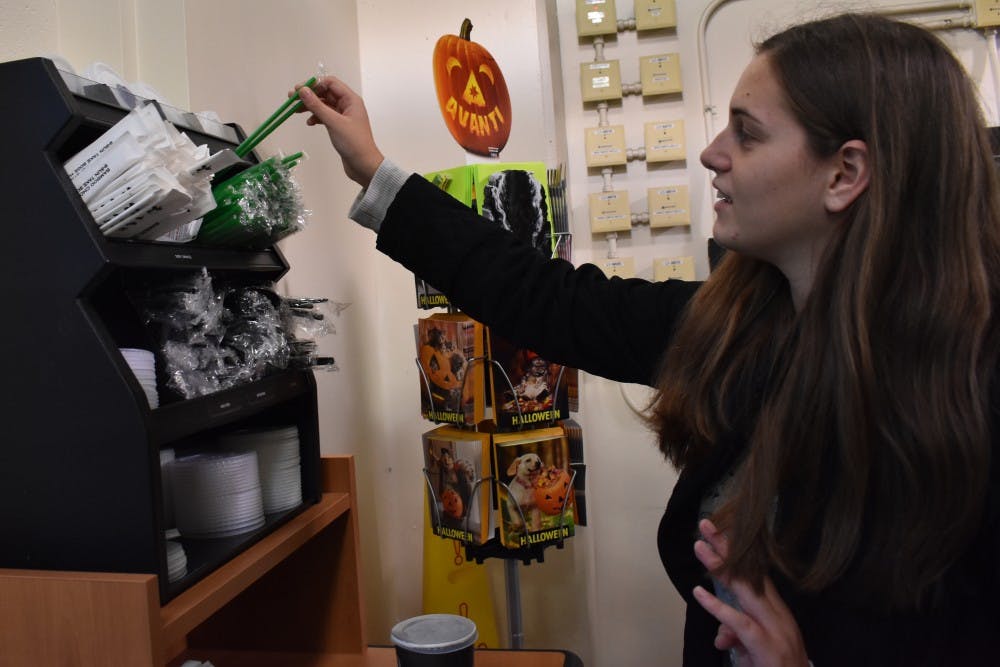If Halloween isn't your thing, this October you can celebrate the Reduce Single-Use Plastics Month. The Orange County Board of County Commissioners has dedicated two months of the year toward reducing plastic use.
Orange County resident Kim Piracci first heard about Durham’s Skip the Straw Day this past March. Inspired by the city’s efforts to reduce plastic waste, Piracci emailed the BOCC.
Penny Rich, the vice chair of the BOCC, said commissioners faced a dilemma: it was already partway through March, too late to establish the month as Skip the Straw Month.
The group then referred the proposal to the Solid Waste Advisory Group, which requested that the county issue a proclamation which went even further.
The group’s wish came true on Oct. 17, when the Carrboro Board of Aldermen, Chapel Hill Town Council and BOCC issued a proclamation declaring October 2018 Reduce Single-Use Plastics Month and March 2019 Skip the Straw Month.
The proclamation’s goal is to reduce the utilization of all single-use plastics by residents and businesses. This is to be accomplished by encouraging reuse and durable alternatives, refusing single-use plastics when offered and offering compostable or reusable alternatives.
However, Rich said Orange County officials are not able to enforce the proclamation because of Dillon’s Rule, which prevents local governments from enforcing beyond what the state enforces.
“What we do as a county, though, is if you want to ever be involved with providing food or catering any of our events, you have to be a restaurant or a caterer that uses compostable items when you bring it into any county office, and you won’t be considered for a job unless you do,” she said.
She said the county runs educational programs to encourage people and businesses to limit single-use plastics waste, but even this can be difficult.



